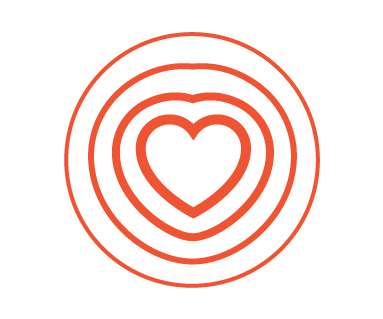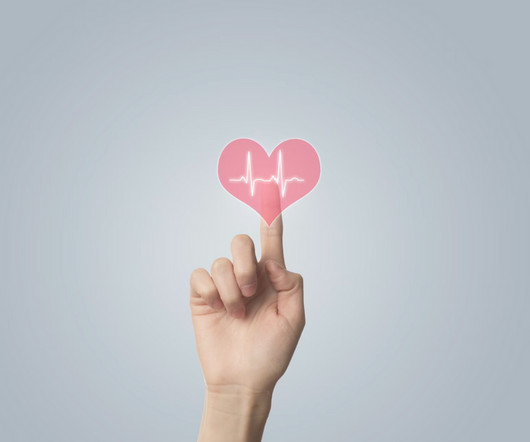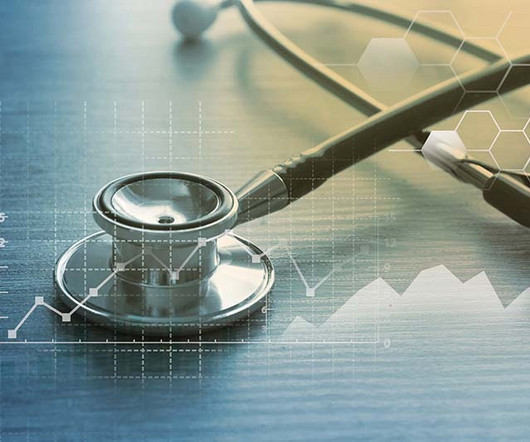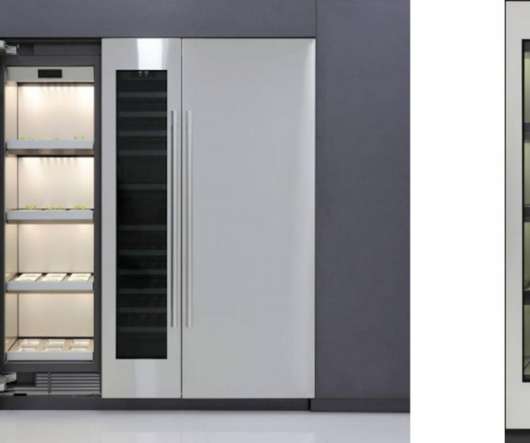Digital Health Tools Are Finding Business Models – IQVIA’s 2021 Read on the Health of Digital Health
Health Populi
JULY 22, 2021
Evidence supporting the use of digital health tools if growing, tracked in Digital Health Trends 2021: Innovation, Evidence, Regulation, and Adoption from IQVIA Institute for Human Data Science. Then, IQVIA evaluated the universe of about 40,000 apps available in the iTunes store.






















Let's personalize your content